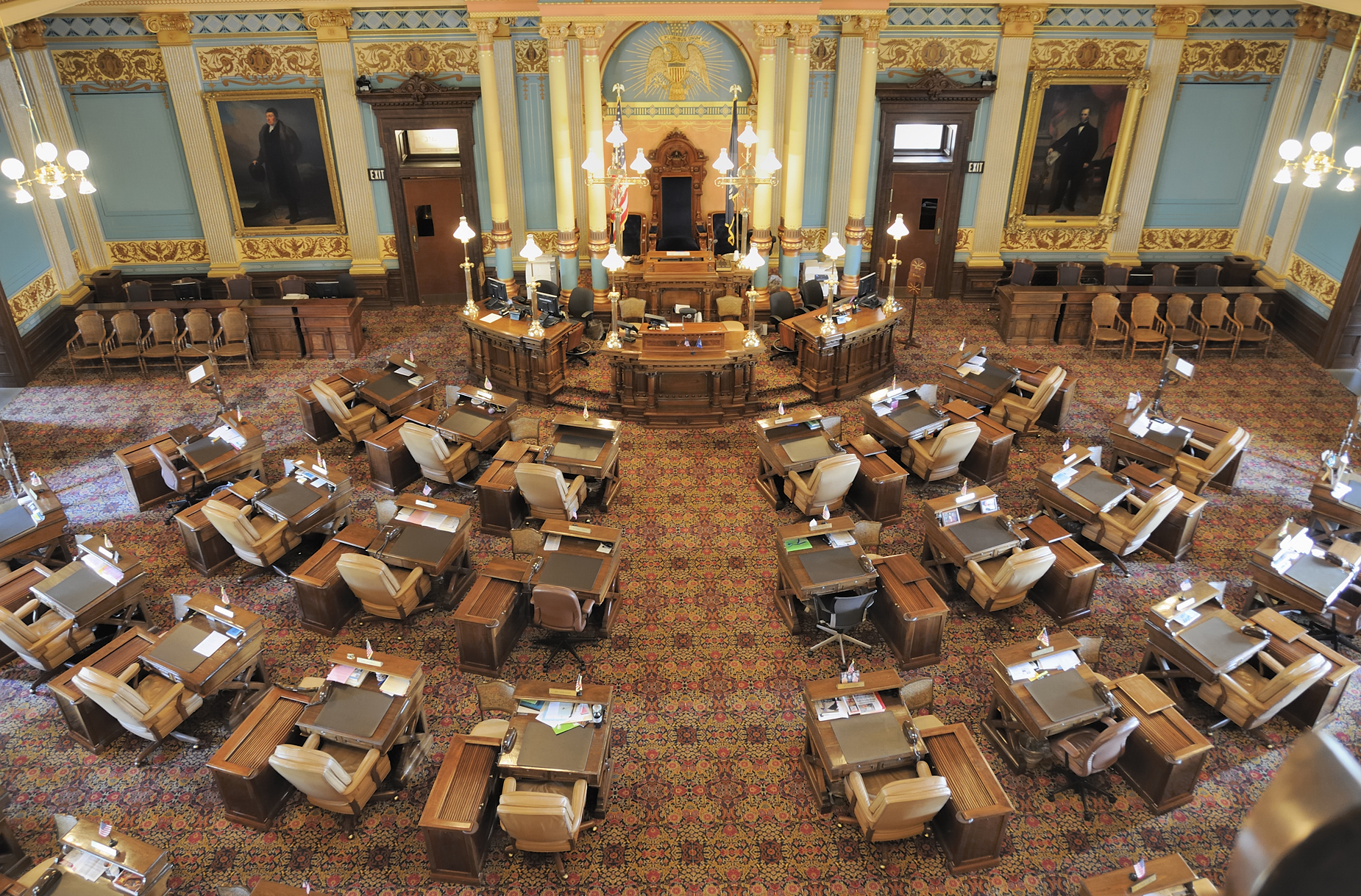After an initial rejection, the US Senate finally voted to pass a bill that would grant President Barack Obama the authority to fast-track the Trans-Pacific Partnership (TPP).
The future of the proposed free trade agreement – under negotiation with 10 Pacific-facing countries including Australia and Japan – had been placed in doubt after the bill initially failed to get the 60 votes required.
It cleared this hurdle with a vote of 62-38, but at least on the US side, the fast-track (formally known as the Trade Promotion Authority, or TPA) is by no means done and dusted.
The TPA must now pass to the House of Representatives for approval. When the negotiations are complete, if TPA has passed, Congress will only be able to pass the TPP in its final format or to reject it, without any ability to make changes to the final text.
The process has been played out in public and has, ostensibly, been a mess. The Democrat Party rebelled against its president, leaving Obama reliant on the Republican opposition’s votes to get the bill through Senate. Trade wonks are now wondering whether to expect similar scenes in Congress when it reconvenes in June.
“From my perspective, we have always been a very open society and there is a famous quote about laws and sausages, and how it is perhaps better not to watch them being made if you are faint of heart,” Susan Schwab, former US Trade Representative under George W Bush and now a strategic advisor to Mayer Brown tells GTR.
Six votes remained outstanding, and when Senators Cantwell, Murray, McCaskill et al all voted together at the end, it was clear they finally had their deal on US Exim. Frank Samolis, Squire Patton Boggs
One potential beneficiary of the Senate debacle may be the Export-Import Bank of the United States (US Exim). Speculation is rife that as part of negotiations, rebellious Democrats demanded a vote on the floor on the future of the export credit agency, whose mandate is up for reauthorisation at the end of June.
“The US Exim issue held up the Senate TPA vote until the last minute. Six votes remained outstanding, and when Senators Cantwell, Murray, McCaskill et al all voted together at the end, it was clear they finally had their deal on US Exim,” Frank Samolis, co-chair, of the international trade group at Squire Patton Boggs tells GTR.
The ECA’s future has been in doubt for some time, with Republicans demanding its closure, accusing it of “corporate welfare” and of interfering in a market which can now be absorbed by private sector lenders.
To close observers of American trade politics, I suspect there will be surprise at how quickly TPA is moving through Congress after years of delay. Susan Schwab, former USTR
Naturally, US Exim has been quick to welcome the passage of TPA, with president Fred Hochberg saying: “This bipartisan vote is a critical step forward to expand opportunity for US exporters and the millions of American workers whose jobs depend on trade. TPA will ensure that the US continues to have a strong voice in writing the rules of the road in global trade at a critical time when more and more American small businesses are joining the ranks of direct exporters.”
Some have also warned of the damage this very public spat has had on the reputation of the US abroad, particularly in the countries with which it is attempting to seal the TPP. Before the bill passed, Deborah Elms, the CEO of the Asia Trade Centre – a Singapore-based lobby group – told GTR: “Even if the United States manages to patch up this TPA bill and proceed, other countries just confirmed their own growing doubts about whether the Americans can still get things done.”
Others are more sanguine. Ambassador Schwab says: “To close observers of American trade politics, I suspect there will be surprise at how quickly TPA is moving through Congress after years of delay, the last time was 2001/02. Even more surprising for most observers would be how bipartisan the votes are – with the battle being waged by the Republican Senate and House leadership and the President Obama on one side – with only a handful of Democratic legislators in support against active opposition from Democratic Senate and House leadership and most of the president’s traditional allies around the country.
“Whether you think TPP is important for economic or geopolitical reasons, it is evident that it is uniting the president and the vast majority of Republicans, who have pretty consistently disagreed on many other things. That should give US trading partners comfort in the negotiations going forward – as long as the outcome of the trade negotiations is a high quality agreement.”







